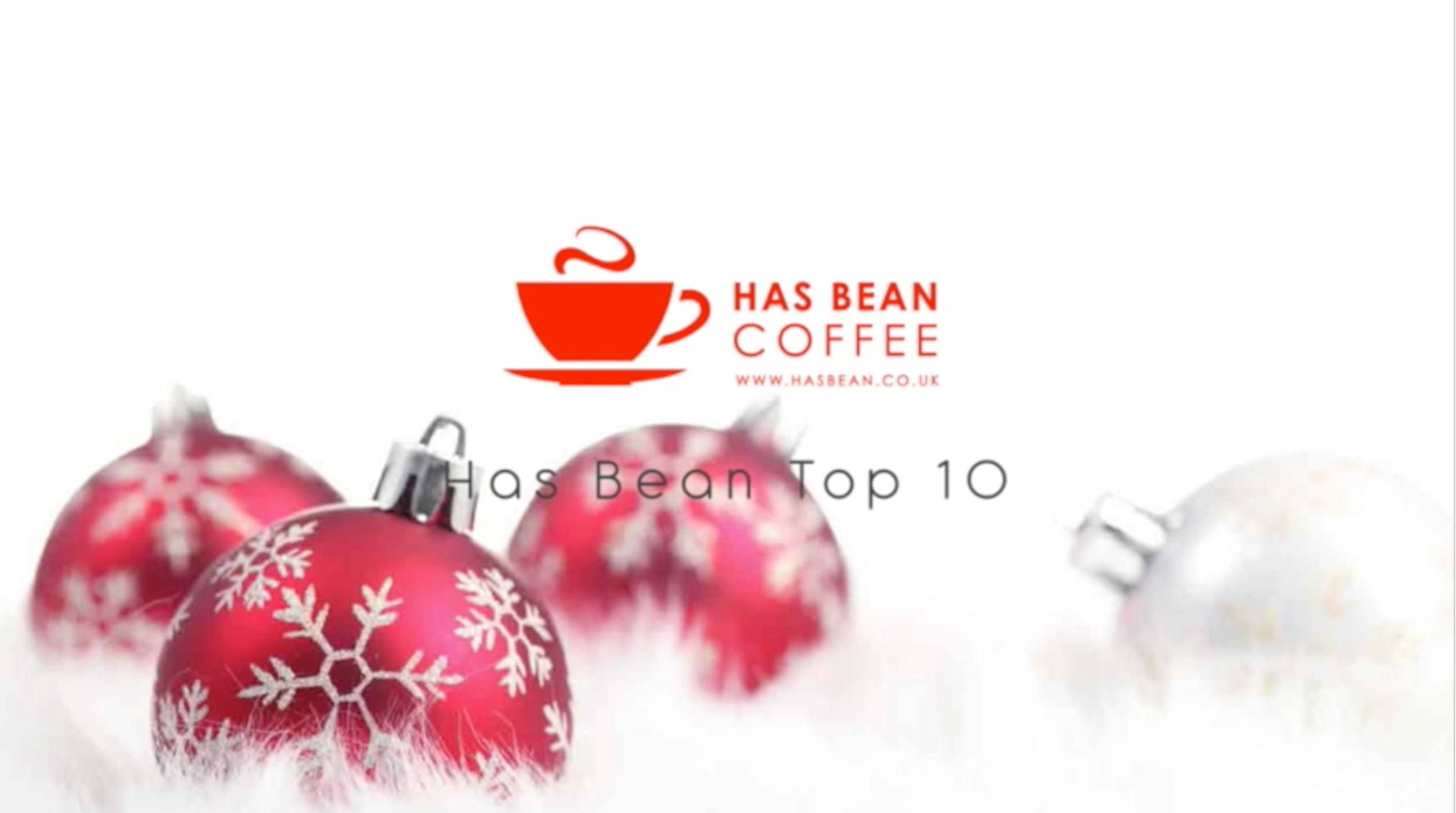So stupidly last night whilst on twitter set myself up to do seven new coffees over thew next seven days.
Whilst this may sound easy, each time we add a coffee there is a whole heap of work in doing the write up, getting the cupping notes together, collating photos etc. I’m exhausted at one, so doing 7 in a row is silly, but lets do it any way.
So day 1 in an old favourite (well seems like an old favourite but only its second year) Bolivia Finca Loayza grown by Feliciano Ramos.
Another of our direct trade coffees, this is from Bolivia and organised from my trip to Bolivia in 2010. This is the second year of us seeing the world exclusive, as we buy every bean from this farm.
The owner of the farm is Feliciano Ramos, who is 43 years old and originally from the city of La Paz. His father was a potato and barley producer. Feliciano used to help him in the production and harvest. In 2002 Feliciano decided to move to Caranavi, which is located in the sub-Andes valley.
Initially Feliciano rented a coffee farm for two years where he began his education in coffee, but also began saving to have his own farm. After two years, he bought a farm of around 10 hectares, Finca Loayza. The farm is located on top of a small mountain, looking out towards the high snowy peaks of the Andes. The farm only had 2 hectares of old coffee plantations, though Feliciano has continued to raise this number when he is able to with new plant stock, selecting different varietals according to the terrain.
Feliciano is married to Tomasa Condori and they have 5 children who are all of school age, but they help their parents after school with the farm. The coffee is the only source of money for the family, and it is very important that they continue to produce great coffee.
In the region of Caranavi and the Yungas valleys, there is a serious problem of coffee being ripped out and coca leaf planted (which is legal in Bolivia) but this has a big environmental impact on the soil, forests and the communities. But coffee is seen as a good alternative to this if good prices can achieved, and it is much kinder to the environment. With this in mind Feliciano is in his first year of being organic certified.
This coffee is sold as a Washed coffee, and I guess that it is. But I think the same thing is going on here that was happening with Machacamarca, and it was puzzling me until my visit this year. Washed coffee is normally placed in a fermentation tank to remove the sticky layer on the outside of the seed after removing the fruit. I don’t think this coffee has been fermented, though it has been through a pulping machine a second time using the scrubber part of the pulper, then left to dry like Pulped Natural, just without most of the mucilage. A hybrid process from which I really like the final result.
In the cup this was a tough one to nail. Very complex and lots going on. Think of it like two cups. When warm it’s all acidity, loads of cherry, keylime pie with biscuit sweetness, mixed in with a dark chocolate aftertaste. But as it cools think caramel, increased sweetness and delicious mouthfeel. I am so excited to have secured all the coffee from this farm, it’s a huge coffee, and I am sure will be a huge one for us this year
Farm: Finca Loayza
Farmer: Feliciano Ramos Aruquipa
City: Caranavi
Region: Franja se los Yungas
Country: Bolivia
Farm Size: 10.00 Hectares
Coffee growing area: 8.00 Hectares
Altitude: 1635 masl
Variety: Caturra (20%) Catuai (40%) Tipica (40%)
Type of Soil: Clay
Type of Shade: Orange,Mandarin and Inga (sinquili) Trees
Processing System: On-site wet processing, solar drying



Sooooooooo pleased this one is back! My favourite coffee from last year.
Chris was so close to us missing out, I nearly ripped all my hair out sorting this one